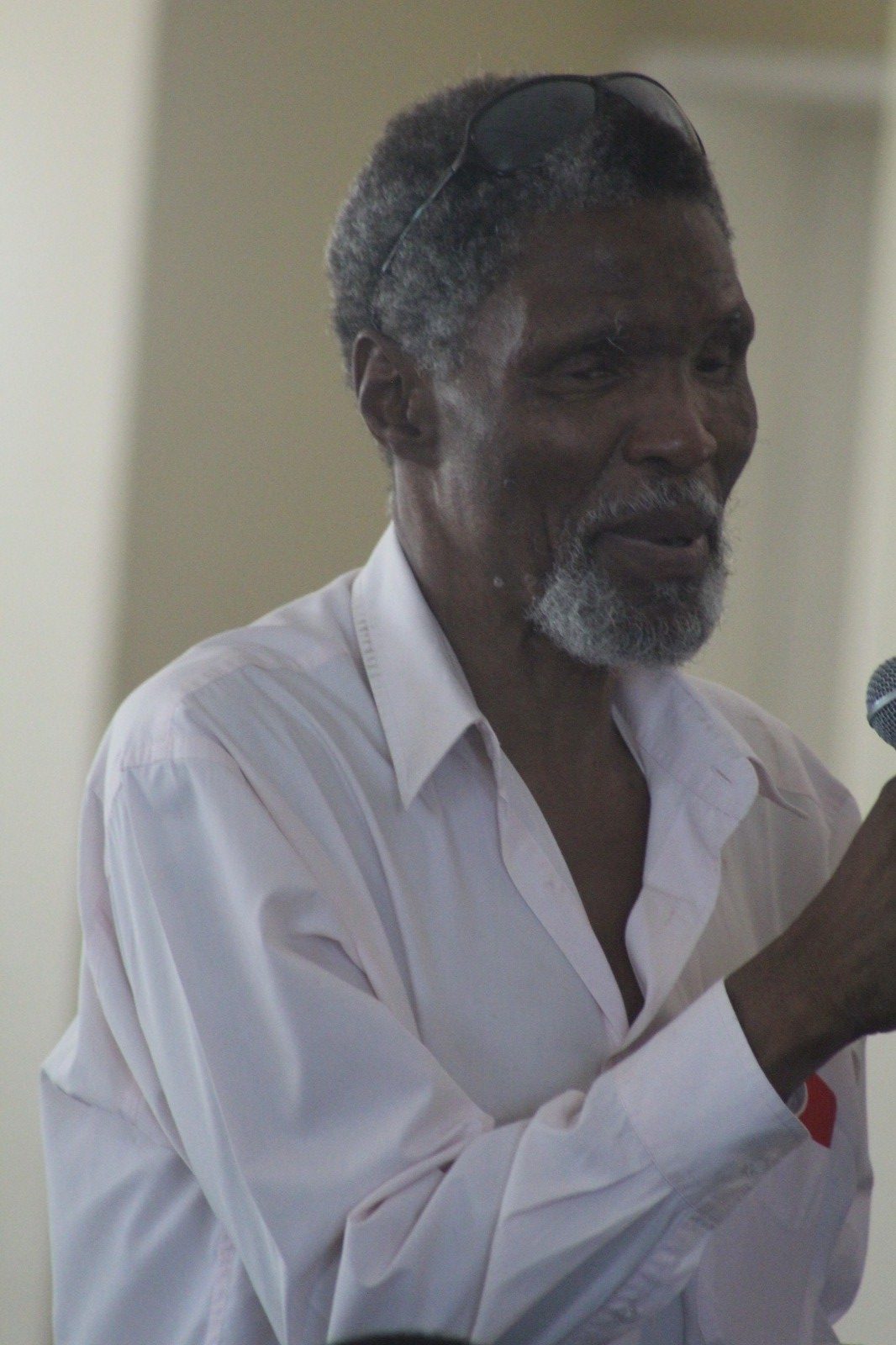By Lwazi Dlamini
Electricity consumers have expressed frustration with the lifeline tariff designed for vulnerable households, calling it inadequate and impractical.
The tariff, which is 60% lower than the standard domestic rate and whose users are eligible for only 75 units of electricity per month, has been deemed insufficient for basic living needs.
During the recent electricity tariff review public hearing at Lavumisa Community Hall, Papa Matsenjwa highlighted the challenges posed by the current allocation.
He stated, “You cannot survive on 75 units, even as an elderly person. It is barely enough for lighting or refrigeration, let alone cooking. Most people use these units within three to four days.
RELATED: Govt to intervene in Water, Electricity hikes
” Matsenjwa shared that his daily usage averages 10 units and questioned how anyone could manage with just 75 units per month.
Expressing deep dissatisfaction, he remarked, “I am extremely disappointed with the Eswatini Electricity Company (EEC). This is embarrassing.”

He also noted that elderly individuals, who typically received a monthly income of E500, would face even greater financial strain if the proposed tariff increases were implemented.
Another participant, Aaron Vilane, urged the government to subsidise electricity costs for the elderly. He criticised the EEC’s proposal for an average 25.51% tariff hike, pointing out the disparity between escalating electricity costs and modest wage increases, which are often around 3%
. Vilane appealed to the Eswatini Energy Regulatory Authority (ESERA) to reject any tariff increase, stating, “Even a 0.01% increase is unacceptable.”
The elderly echoed these sentiments. Amos Dlamini lamented, “Why is EEC subjecting us to such punishment? How long will this continue?”
RELATED: Ubombo to increase Eswatini’s electricity production
Similarly, Solomon Dlamini, a pensioner, stated that the 75 lifeline tariff units per month were insufficient, noting, “It is barely enough to light a single room.
Adding appliances like a fridge or a hotplate quickly exceeds this allocation. Who exactly is considered vulnerable under this scheme?”
EEC Managing Director Ernest Mkhonta’s presentation highlighted the grim reality of the proposed changes. Under the current system, lifeline consumers receive 75 units for E100.
If the proposed 25.51% increase for the 2025/2026 financial year is approved, the allocation would drop to 54 units for the same amount. A further 27.06% increase in 2026/2027 would reduce this to 40 units for E100.
The hearings are aimed at gathering public input on the proposed tariff hikes with ESERA expected to announce its decision by 1 February 2025.
The new tariffs would take effect from 1 April 2025.
Consumers, particularly the elderly and low-income groups, have called on ESERA to reject the proposed increases, emphasising the devastating impact they would have on vulnerable households.


